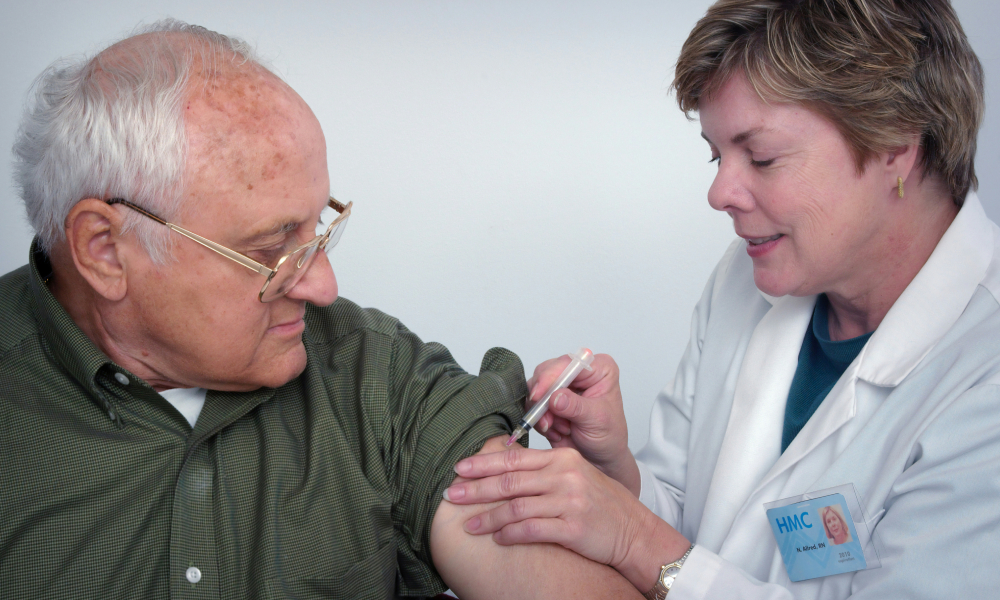Men’s Health Specialist

Men’s Health Q & A
What is men’s health?
Men’s health addresses issues that are of particular concern to men, such as prostate cancer and low testosterone levels. Additionally, men face some major health risks such as colon cancer and heart disease. Dr. Bazel focuses on helping men prevent these health issues from arising by providing diagnostic testing and health screening for early detection and effective treatment options.
What are some of the biggest men’s health concerns?
Some of the most serious health problems affecting men are also the most preventable. The top causes of death among adult men include:
- Heart disease
- Cancer
- Injuries
- Chronic respiratory disease
- Stroke
Fortunately, many of these conditions can be prevented, and you can significantly lower your risk of them by making lifestyle changes. To live a healthier life and take control of your overall health and well-being, Dr. Bazel recommends the following lifestyle modifications:
- Stop smoking or using tobacco products
- Eat a healthier diet of vegetables and lean proteins
- Limit your fat intake
- Maintain a healthy weight
- Exercise more
- Manage your stress levels
- Limit your alcohol consumption
Men often wait until they experience a problem or even a life-threatening situation before making changes to their diet or habits. Dr. Bazel recommends getting regular physical examinations and developing a healthier lifestyle before a major problem arises.
What causes low testosterone levels in men?
Age is one of the most common causes of low testosterone levels in men. After 30, most men experience a gradual decline in testosterone levels. Often, a decreased sex drive, or inability to maintain an erection are side effects of this decrease in testosterone levels.
In some cases though, low levels of testosterone are the result of a problem with your thyroid. Since many symptoms of low testosterone levels mirror other health issues such as diabetes, high blood pressure, and coronary artery disease, it’s sometimes difficult to know the root cause of your symptoms.
Additional causes of low testosterone include:
- Testicle injuries or cancer
- Infection
- Certain medications
- Chronic kidney or liver disease
- Type 2 diabetes
- Obesity
If you’re concerned about low testosterone, Dr. Bazel and his team perform diagnostic testing to rule out other conditions, and to determine the cause so they can then treat it most effectively.
Get the best care for all of your unique men’s health needs. Call or schedule an appointment using the online scheduling tool today.